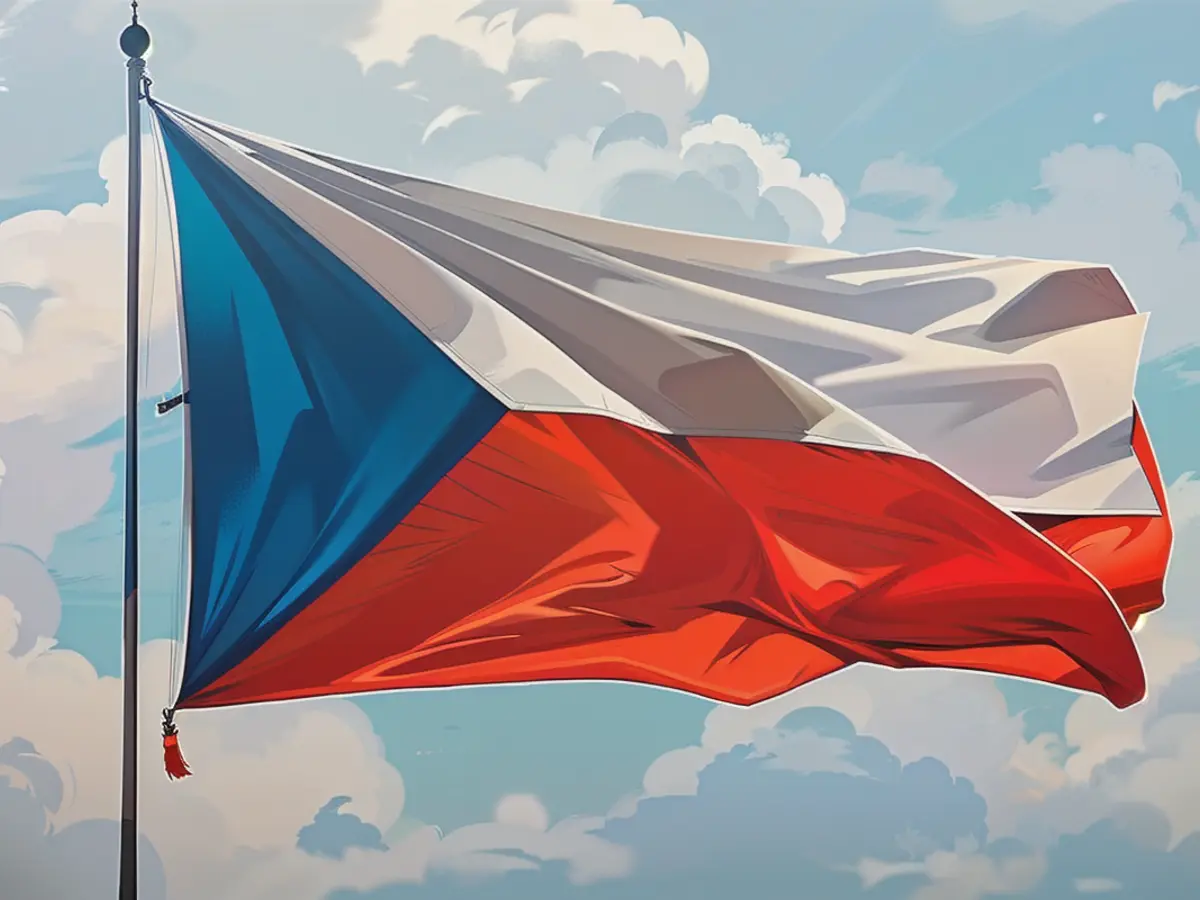Czech Republic seeks to terminate reliance on Russian petroleum by mid-2025.
Petr Fiala, the Prime Minister of the Czech Republic, has stated that his country will be free from its reliance on Russian oil by the middle of next year. He plans to achieve this by expanding the Transalpine Pipeline (TAL) from Italy to Germany. This expansion will lead to a significant increase in the amount of oil reaching the Czech Republic, from four million tons to eight million tons.
The TAL is a pipeline that transports oil from the Italian port of Trieste to Southern Germany, where it connects with the IKL pipeline that leads to the Czech Republic. Construction on the expansion of the TAL pipeline has already started, with the goal of full operation by the first half of 2025 at the latest.
Prior to this, the Czech Republic primarily imported its oil through the Druzhba pipeline from Russia. However, after the Russian invasion of Ukraine in February 2022, the European Union issued a far-reaching ban on Russian oil imports. Despite this, the Druzhba pipeline was not included in the ban. Fiala aims to change this as soon as possible.
Read also:
The Druzhba pipeline, which previously supplied a significant portion of the Czech Republic's oil, is a key source that Prime Minister Fiala aims to replace due to dependence on Russian oil. With the expansion of the Transalpine Pipeline (TAL), the Czech Republic will significantly increase its oil intake, reducing its reliance on oil from the Druzhba pipeline.







